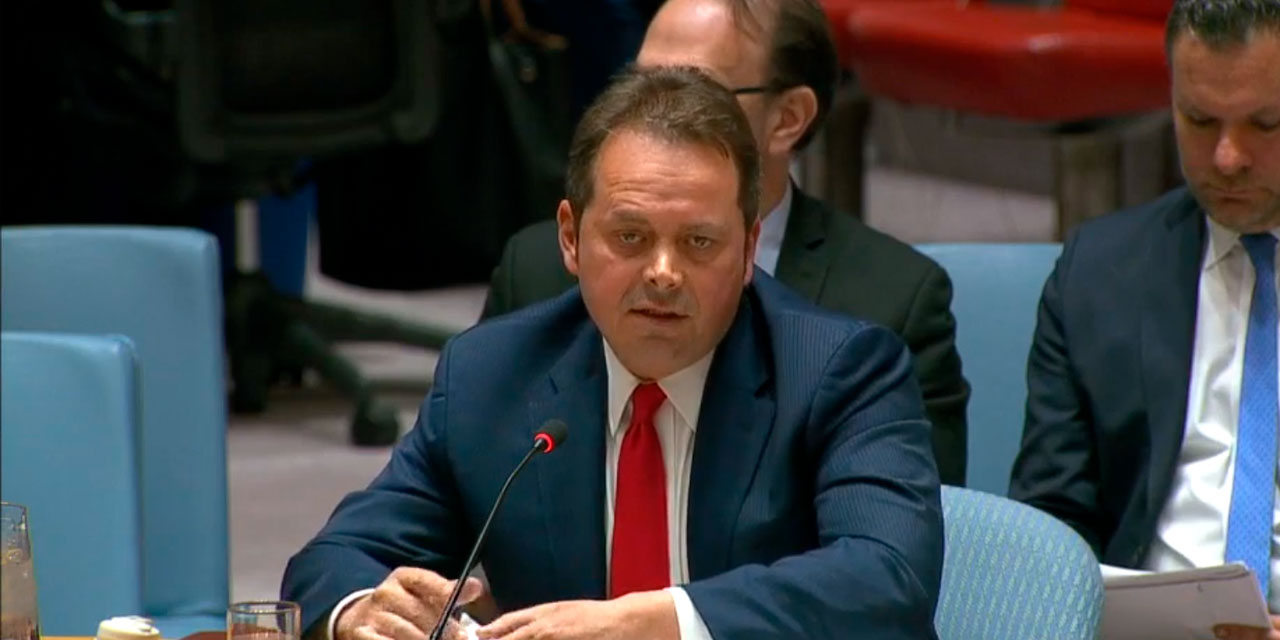The United Nations’ mission chief told the Security Council on Monday that Colombia will not achieve peace “if the brave voices of social leaders continue to be silenced” and urged government action.
In his address to the council, UN mission chief Carlos Ruiz dismissed President Ivan Duque’s recent claim that violence against human rights defenders and community leaders dropped 25% last year.
In the course of 2020, 15 social leaders have been assassinated in an exceptional spike in political killings, according to independent think tanks.
Genocide: the new normal in Duque’s Colombia?
“On December 23, artist and social leader Lucy Villareal was killed in the Nariño department after conducting an artistic workshop for children and the killings of former FARC-EP combatants resumed on the very first day of the year with the death in the Cauca department of Benjamin Banguera Rosales,” Ruiz highlighted.
UN Mission chief Carlos Ruiz
Ruiz additionally warned that “the pervasive violence in conflict-conflicted areas continues to threaten the consolidation of peace as illustrated by several profoundly worrying developments in the last few weeks.”
The chief UN peace observer referred specifically to western Colombia where ELN guerrillas are fighting paramilitaries of the AGC, allegedly in collusion with the National Army.
Deny this, Duque: ‘Colombia’s military is working together with narcos’
UN Mission chief Carlos Ruiz
Both Ruiz and UN Secretary General Antonio Guterres have been stepping up pressure on the Duque administration to implement the peace deal that is opposed by the president’s far-right Democratic Center party.
The UN mission chief stressed that the underlying causes of violence, like state neglect and illicit economies, are “addressed in the different parts of the peace agreement. This is yet another reason to advance urgently with its full implementation.”
Colombia’s peace process kicked off in late 2016 and is supposed to last at least a decade. The Duque administration’s failures to comply with the deal and government delays in its implementation, however, have allowed the resurgence of violence in areas historically affected by the armed conflict and political violence.


